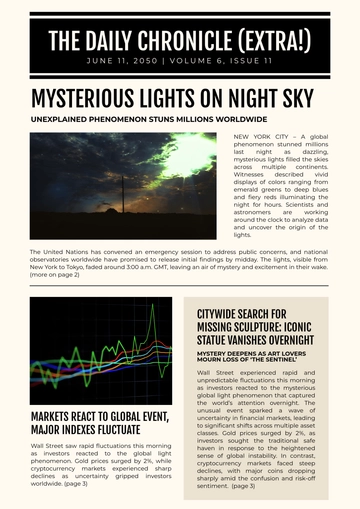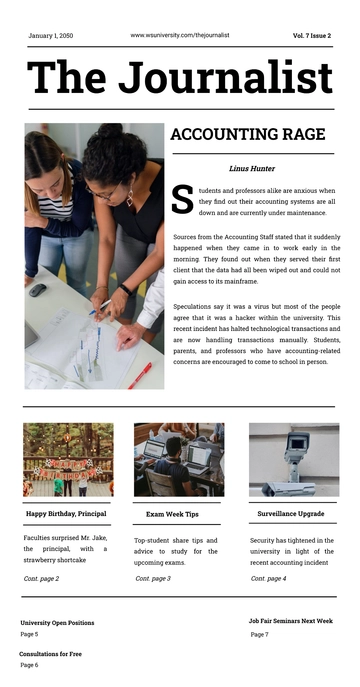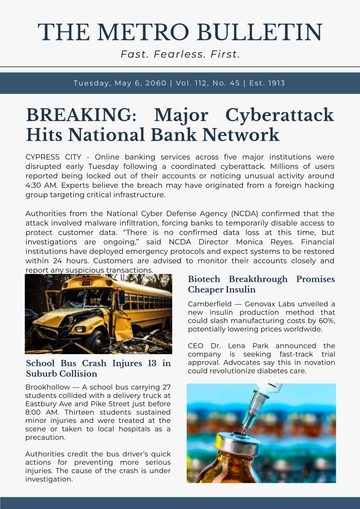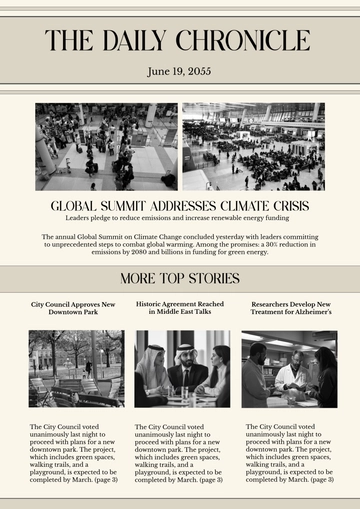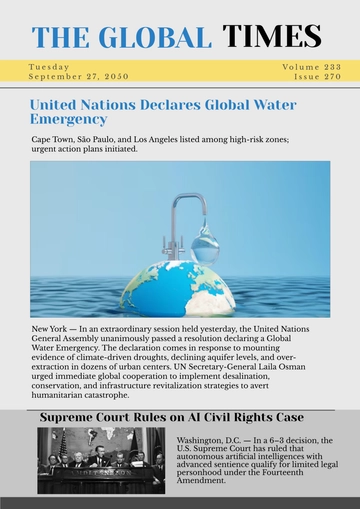Free Daily News for Newspaper Article

Written By: [Your Name]
Nation Faces Power Grid Strain Amid Record Heatwave
Introduction
The United States is grappling with an unprecedented heatwave that has pushed the nation’s power grid to its limits, causing widespread concerns about energy stability and public safety. Temperatures have soared to record highs across much of the country, prompting emergency measures and heightened vigilance from utility companies and government agencies.
Unprecedented Heatwave
The current heatwave, which has been described as one of the most severe in recent history, has brought scorching temperatures to urban and rural areas alike. According to the National Weather Service, several cities have recorded temperatures exceeding 110°F (43°C) over the past week, breaking historical records. Meteorologists attribute this extreme weather pattern to a combination of high-pressure systems and climate change effects, which have intensified heat and prolonged its duration.
Strain on Power Grid
As a result of the soaring temperatures, the nation’s power grid has been under immense pressure. The increased demand for air conditioning and cooling systems has led to record-breaking electricity usage. The North American Electric Reliability Corporation (NERC) reported a significant rise in peak energy demand, which has strained the grid’s capacity and led to a series of localized power outages.
Utility companies across the country are implementing rolling blackouts to manage the overload and prevent more widespread outages. These blackouts are part of a contingency plan designed to balance supply and demand and ensure that critical infrastructure, such as hospitals and emergency services, remain operational.
Government Response
In response to the crisis, federal and state governments have mobilized resources to mitigate the impact of the heatwave. The Department of Energy has activated its emergency response protocols and is working closely with power companies to stabilize the grid. Additionally, the Federal Emergency Management Agency (FEMA) has issued heat advisories and is coordinating with local authorities to provide support to vulnerable populations, including the elderly and those with pre-existing health conditions.
State governors have also taken action by declaring heat emergencies and opening cooling centers in affected areas. These centers provide air-conditioned spaces for residents who are unable to access adequate cooling at home. Public health campaigns are being launched to educate citizens on staying hydrated, recognizing signs of heat-related illnesses, and conserving energy.
Impact on Daily Life
The heatwave has had a profound impact on daily life, affecting everything from transportation to public events. Many schools have adjusted their schedules to avoid peak heat hours, and some have even closed temporarily due to the excessive heat. Public transportation systems are experiencing disruptions, with some buses and trains running on reduced schedules to conserve energy.
Sports events and outdoor activities have been significantly curtailed, with many organizers postponing or canceling events to ensure participant safety. Retail businesses and restaurants are also feeling the strain, as customers are opting to stay indoors, reducing foot traffic and sales.
Looking Ahead
As the heatwave continues, meteorologists forecast that temperatures may remain high for the foreseeable future. However, there is some relief in sight, with predictions of a cooling trend and potential thunderstorms later in the week. In the meantime, authorities and utility companies are urging the public to continue conserving energy, follow safety guidelines, and stay informed through official channels.
The current crisis underscores the pressing need for long-term solutions to climate resilience and energy infrastructure. As the nation navigates this challenging period, it serves as a reminder of the importance of addressing climate change and investing in sustainable energy solutions to mitigate future risks.
Conclusion
The record-breaking heatwave and its impact on the power grid highlight the urgent need for increased climate preparedness and energy efficiency. While immediate measures are in place to address the current crisis, long-term strategies will be essential to safeguard communities and infrastructure against the growing threat of extreme weather events.
- 100% Customizable, free editor
- Access 1 Million+ Templates, photo’s & graphics
- Download or share as a template
- Click and replace photos, graphics, text, backgrounds
- Resize, crop, AI write & more
- Access advanced editor
Deliver up-to-date news with Template.net's Daily News for Newspaper Article Template. This editable and customizable template provides a versatile format for covering a wide range of daily news topics. Editable in our AI Editor Tool, it ensures your articles are well-structured, timely, and easily adaptable to various news sections, making it an essential tool for any newspaper publication.



